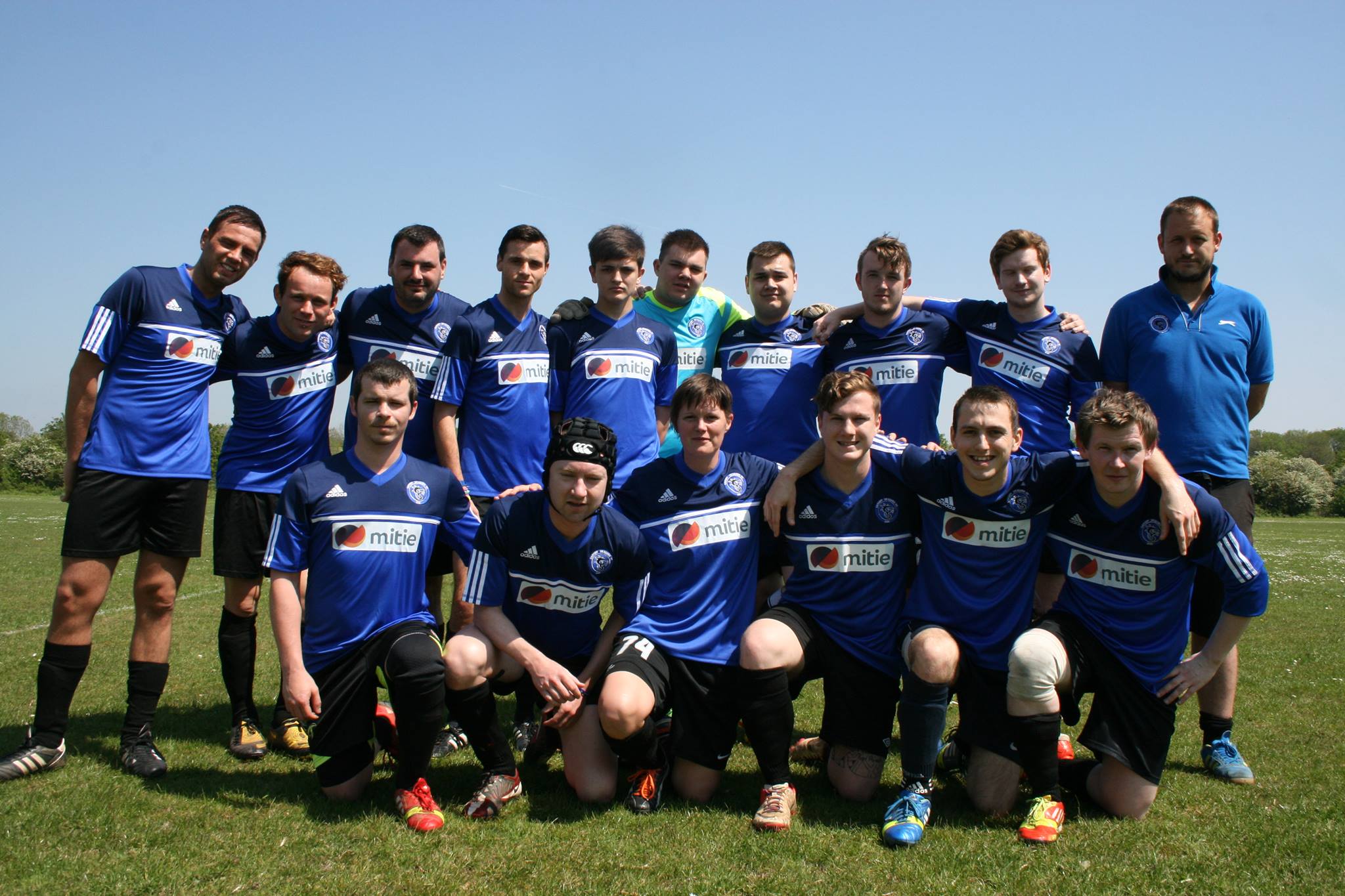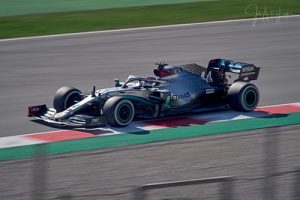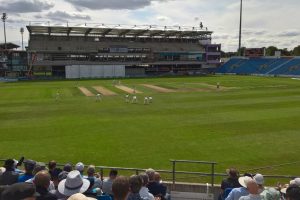February is certainly a unique month; it has just 28 days and even includes a celebratory day for pancakes. But for the LGBT+ liberation movement, February means something much more than pancakes. February means LGBT+ History Month. And whilst the LGBT+ community continues to vigorously confront homophobia throughout the entire year, this month it emphasises the promotion of diversity and equality for the public benefit in particular.
Diversity and equality are two concepts infrequently expressed within football. Unfortunately, in some cases these concepts are forgotten and sport can be an epicentre of homophobia. This is manifested by the outcomes of the Kick it Out consultation with representatives from all four tiers of English football in March last year, which revealed that homophobia is still ubiquitous in the sport. Nearly 40% said that they have witnessed homophobia in stadiums, where it seems a minority of supporters are active orchestrators of unsanitary homophobic abuse. Sol Campbell, the former Spurs, Arsenal, Portsmouth and Notts County footballer, is just one example of a sportsman who was often abused by supporters over suggestions that he was gay.
However, the issue does not just inhabit the stands. It also prevails on the pitch, with approximately 25% reporting that they witnessed homophobia at the training ground or in the dressing room.
The stigmatisation of homosexuality is problematic because those people with non-mainstream sexual orientations are likely to feel very unwelcome in football. Opportunities for them to participate are sparse. Not necessarily because the vast range of football clubs available are unwelcoming, but more likely due to the feeling amongst homosexuals that they will receive unsavoury treatment for being different.
This is why teams like Cardiff Dragons, WalesÔÇÖ first and only gay-friendly football team, exist.
Their story began in May 2008, when one departing Birmingham Blaze player got in touch with the South Wales Gay Football SupportersÔÇÖ Network representative to elicit whether there were any plans to send a team to the 2008 GFSN Annual get-together in Liverpool. Such plans were non-existent, so five players combined to represent Wales on a national scale, playing under the name of Cardiff Sharks. Following their enjoyable experience at the get-together, the players decided to establish a club. Renamed as Cardiff Dragons to be more representative of their national identity, they attracted a group of players through effective advertising online, through their own website, and through the use of social networking sites such as Facebook and Twitter.
And Dragons secretary Jay Bragg believes that the team have become more successful in attracting interest over the years. ÔÇ£Every season we have an influx of new members. We are currently undergoing a recruitment drive,ÔÇØ Bragg commented.
The Dragons are heavily involved in numerous events. Attending the Pride festival, which is a yearly celebration of equality and diversity, representing themselves at LGBT events, and working with the LGBT Sport Wales Network are just a few of the items on their busy agenda. Last year, the club hosted the Unity Cup, an International Gay and Lesbian Football Association Tournament participated in by teams from around Europe. Bragg highlighted the benefits of this competition, saying that it ÔÇ£significantly helped raise our profile at local, national, and international level.ÔÇØ
On the 28th February of this year, the Dragons are hosting an annual Football vs. Homophobia 5-a-side tournament, whereby local teams are invited to enter a womenÔÇÖs and a menÔÇÖs competition. The Football vs. Homophobia campaign involves football fans, players and supporters joining together to increase the awareness of homophobia in football, and to challenge it. It is hoped that events like the upcoming 5-a-side tournament, which the Dragons are able to host thanks to a successful application for a grant, will fulfil these expectations.
Regarding the current level of homophobia in football, Bragg believes that it is declining but implies that there is more work to do. He suggests that there are several factors to take into consideration- the type of sport, the level, and the location. Bragg says that ÔÇÿsome sports have made more progress than othersÔÇÖ, that it is ÔÇÿeasier for an amateur or semi-professional player to come outÔÇÖ, and that ÔÇÿin city locations people may be more accepting of homosexuality.ÔÇÖ
With the status of the Cardiff Dragons continuously rising, there is optimism that more gay-friendly clubs in Wales will develop in the foreseeable future.
More information about the Cardiff Dragons can be found on their website at http://cardiffdragonsfc.co.uk/.
Follow them on Twitter @cdfc or like their Facebook page- Cardiff Dragons FC / CPD Dreigiau Caerdydd








Add Comment